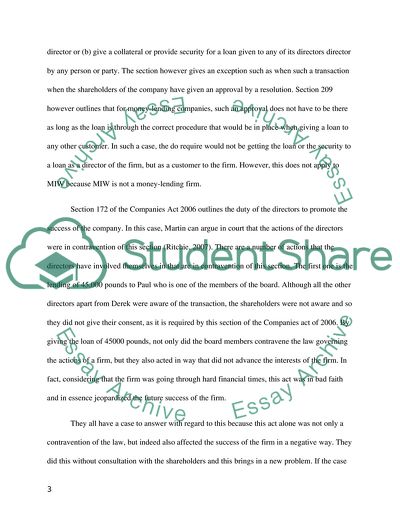Cite this document
(“Company law Case Study Example | Topics and Well Written Essays - 2250 words”, n.d.)
Company law Case Study Example | Topics and Well Written Essays - 2250 words. Retrieved from https://studentshare.org/law/1692709-company-law
Company law Case Study Example | Topics and Well Written Essays - 2250 words. Retrieved from https://studentshare.org/law/1692709-company-law
(Company Law Case Study Example | Topics and Well Written Essays - 2250 Words)
Company Law Case Study Example | Topics and Well Written Essays - 2250 Words. https://studentshare.org/law/1692709-company-law.
Company Law Case Study Example | Topics and Well Written Essays - 2250 Words. https://studentshare.org/law/1692709-company-law.
“Company Law Case Study Example | Topics and Well Written Essays - 2250 Words”, n.d. https://studentshare.org/law/1692709-company-law.


